Every year for last 17 years, we have given a book to our incoming Y9 students. It’s a gift from the library, intended to be a fun read for the long summer holidays and to keep reading for pleasure happening.
This summer we chose ‘Dry’ by Neal and Jarrod Shusterman. As usual we deliberated long and hard over the book choice and responding to feedback from previous years we prioritised plot.
Y9 girl: ‘It was very interesting and exhilarating and I loved the plot’.
Y9 boy: ‘I enjoyed the psychological aspect of it, how it showed how people show who they really are in dire situations. The plot was exciting and it was a great read.’
It seemed fitting for our times to offer a cli-fi novel. (although as I write about ‘Dry’ we we are experiencing torrential rain!). Set in California after a ‘Tap-Out’ scenario, teen protagonists struggle to survive as water becomes scarce. Shusterman’s YA dystopian trilogy ‘Arc of a Scythe’ has been our most popular book for the last few years.
We are working hard keep the reading habit going in a busy boarding school. This involves all of us and our Y9 tutors are key to this. Students are encouraged to carry a book and we are running informal book discussion sessions about ‘Dry’ during tutorials. The librarians are always happy to recommend books to our staff and students and take recommendations for library stock.
We encourage as many staff as possible to read the summer book and start those conversations with the students over a shared read. I’ve already had some interesting conversations with Y9 tutors who have read the book and our two Heads of College. It’s always so heartening to have feedback from teachers who’ve children have loved the book and parents who have read ‘Dry’ alongside their teens.
From past experience, for some less keen readers, this book is the only one they read over the long summer break. We survey the whole year group about their reading habits and attitudes in order to offer the most appropriate and effective library service to develop or kickstart their reading for pleasure.
Aside from all the accepted benefits of reading for pleasure from relaxation, escapism, increases in vocabulary and knowledge, development of concentration skills, boosting academic outcomes to connecting with others through books; research has shown that reading for pleasure as a teenager is the most important factor influencing success in later life.
Our two key mantras are allowing complete freedom for students to choose what to read and avoiding judgement of those choices. The library stock is diverse, ranging from graphic novels and a growing manga collection, to biographies, YA book prize shortlists and the Women’s Book Prize. We stock a wide range of non-fiction too – from Science Book Prize Shortlists to popular authors such as Malcolm Gladwell, Rutger Bregman, Mary Beard, Tim Marshall and Caroline Criado-Perez.
Browse more library reading recommendations by theme on our library padlets.

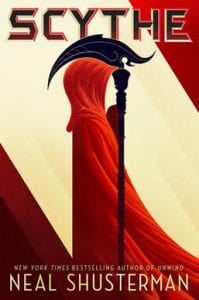
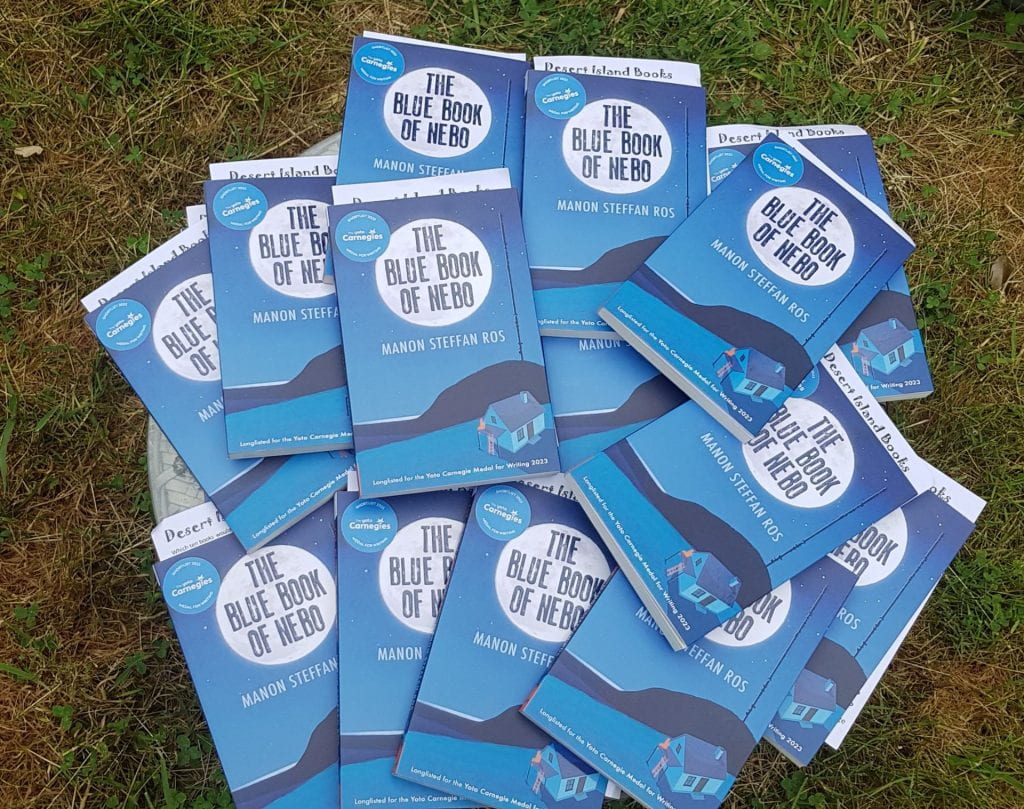
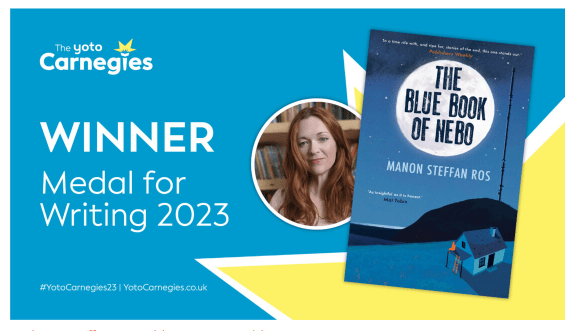
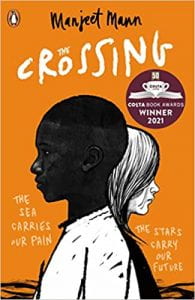
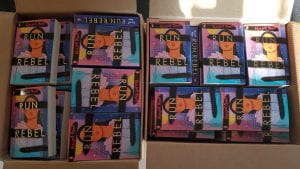
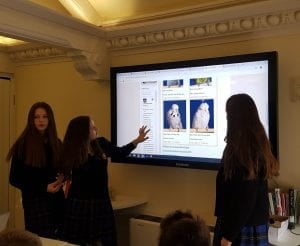
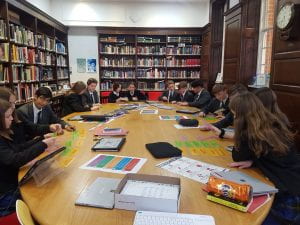
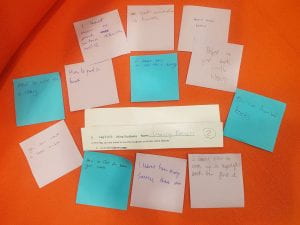
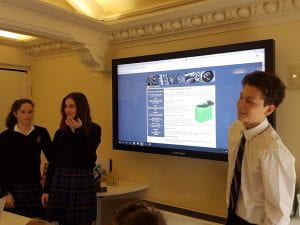
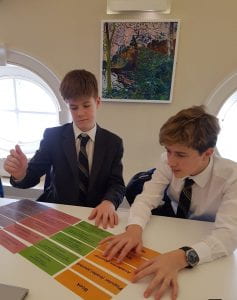 nks to the librarians at Middlesex University for sharing this excellent idea. They have developed a wide range of hands-on activities which form useful bases for discussion and group work. All their resources are found here:
nks to the librarians at Middlesex University for sharing this excellent idea. They have developed a wide range of hands-on activities which form useful bases for discussion and group work. All their resources are found here: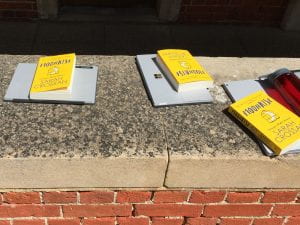
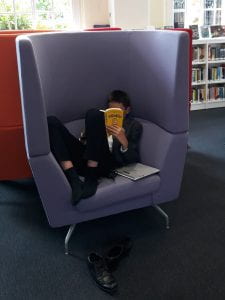 the idea of all students reading the same book during the week with a part of each lesson (and possibly the whole lesson in some cases) dedicated to quiet individual reading – or reading aloud in groups of around the class. We invited teachers to bring classes to the library for a change of venue in a comfortable, informal environment.
the idea of all students reading the same book during the week with a part of each lesson (and possibly the whole lesson in some cases) dedicated to quiet individual reading – or reading aloud in groups of around the class. We invited teachers to bring classes to the library for a change of venue in a comfortable, informal environment.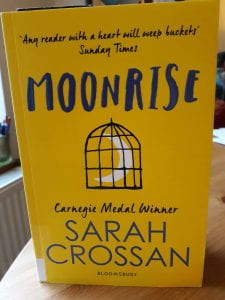
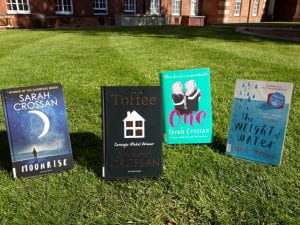
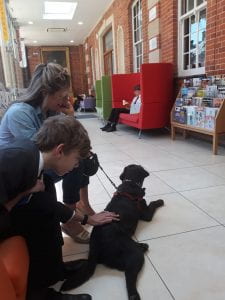
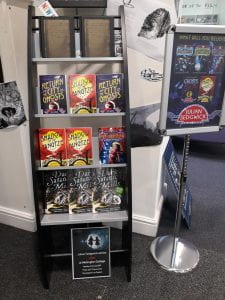 hima area of Japan after the tsunami and earthquake of 2011.
hima area of Japan after the tsunami and earthquake of 2011.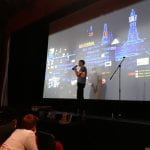
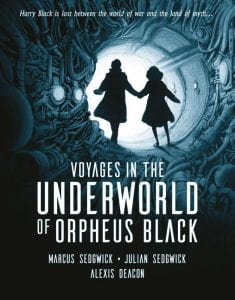
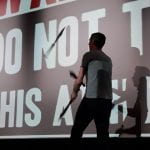
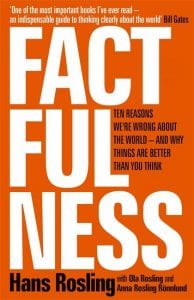
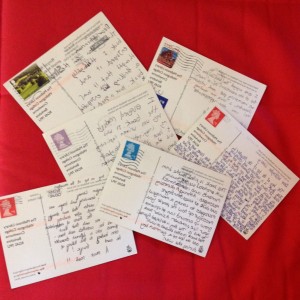
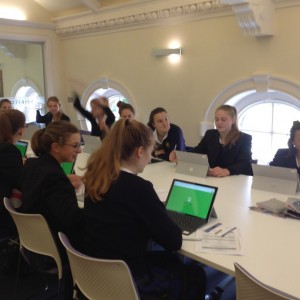
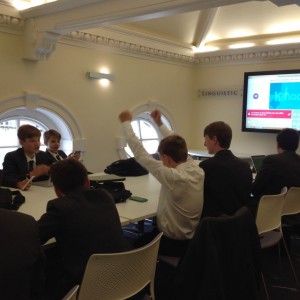
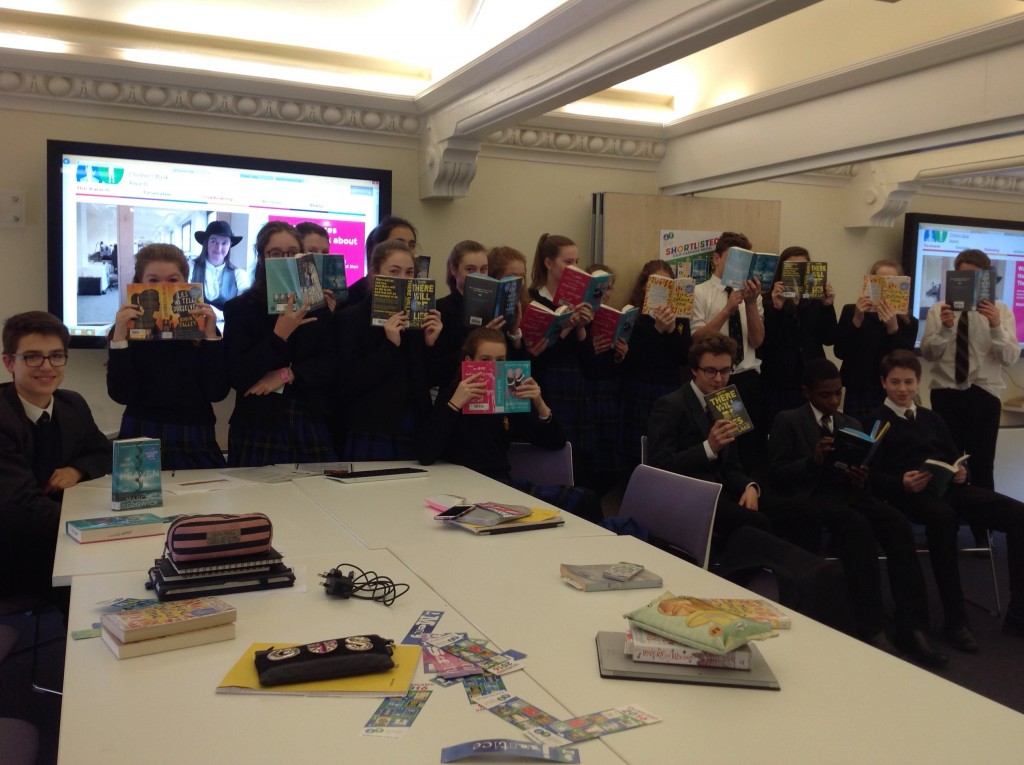
![CdrlUHYXIAArWUn[1]](https://wellingtoncollege.edublogs.org/files/2012/04/CdrlUHYXIAArWUn1-14v24t4-576x1024.jpg)